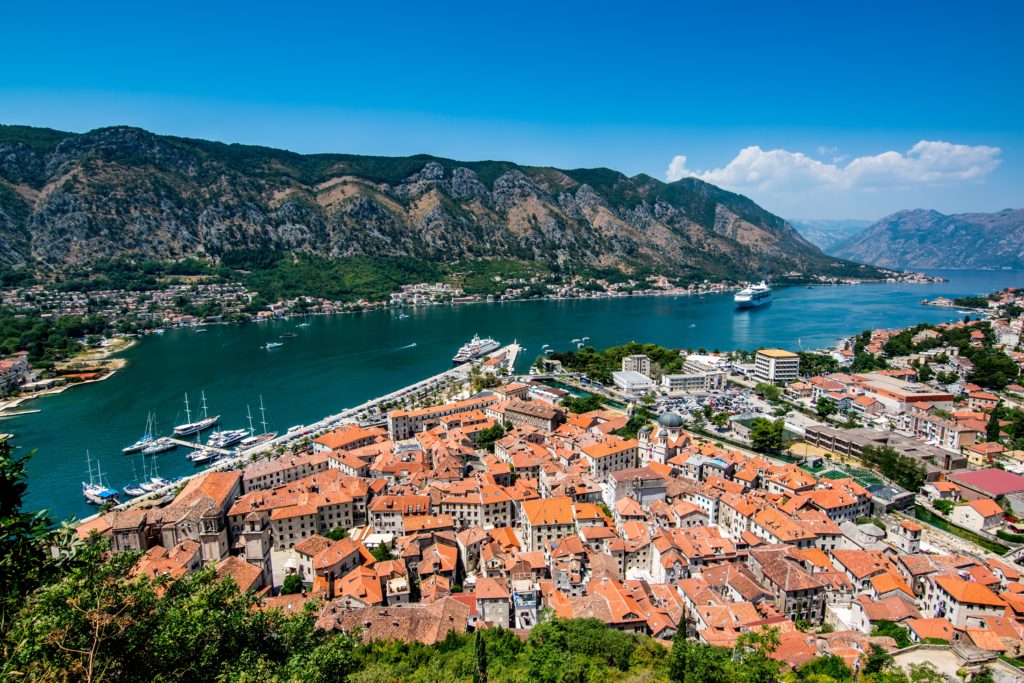Investing in the Montenegro economy offers numerous benefits that should be taken advantage of. It is a country with a rapidly growing economy, a highly educated and skilled workforce, and a stable political environment. The country is also well-positioned to benefit from the European Union’s free trade agreements, which can provide access to a larger market and improved economic prospects. Additionally, the country has a low corporate tax rate and a favorable investment climate, making it an attractive destination for foreign investors. With its strong economic fundamentals, Montenegro is an ideal place to invest, offering the potential for significant returns.

Foreign direct investment
Foreign direct investment (FDI) in Montenegro has been steadily increasing over the past decade, and the trend is expected to continue in the years ahead. This is a positive development for the country, as increased FDI can bring several benefits to Montenegro’s economy.
The main benefit of FDI is that it can help to spur economic growth. Foreign investors bring capital to the country, which can be used to fund new businesses and create jobs. This can lead to increased economic activity and improved living standards for the people of Montenegro. Additionally, FDI can bring new technology and skills to the country, which can help to improve the efficiency of existing businesses.
Furthermore, FDI can also help to improve the country’s international standing. Foreign investors often bring with them a level of expertise and experience that can help to improve the country’s reputation as a business destination. This can lead to increased trade and investment from other countries, which can help to further boost the economy.
Investment opportunities
From the time when its industry was centralized and run mostly by the state, Montenegro has completely transformed it.
The investment options in Montenegro are more restricted than in more advanced economies with larger populations and more diverse economies. These consist of:
Power plants
Given the availability of waterways, Montenegro can build geothermal and hydroelectric power facilities, as well as innovative forms of energy creation including renewables. The hydropower resource in Montenegro is only utilized to about 20% of its full ability, and the country utilizes more electricity than it generates. Montenegro will require a developed/upgraded transportation and distribution system to adequately develop this sector.
Opportunities exist in this sector as the authorities plan to use public-private collaborations to expand the nation’s mostly unrealized hydropower potential. The government aims to focus on maximizing the potential of the Moraca River with the construction of four hydroelectric power facilities with a combined operational capacity of 238 MW and a yearly output of 694 Giga-Watt hours (GWh).
Construction sector
The growth of the Montenegrin construction materials industry has been facilitated by increased investments in infrastructure and a fairly stable financial environment. Particularly, the housing market in Montenegro is expanding quickly. One of the areas of the economy of the nation with the quickest growth is construction materials.
The current state of the Montenegrin housing and urban markets presents the potential for the promotion of high-tech construction products based on cutting-edge innovation. The production of window frames, doors, floorboards, cabinetry, hanging panels, insulation, sealants, concretes, roof shingles, air-conditioning, and fabrications are a few possible investment opportunities for this industry.
Investment taxes in Montenegro
One of the most alluring features of investing in Montenegro is its tax system, which includes a minimal corporate tax rate.
The rate of corporate income tax is 9% of revenue. Dividends, interest payments, and royalties sent to non-resident corporations are subject to a reserve tax at the same level. Generally, you should prepare to pay 9% of the income as tax.
A 3% transaction tax is levied on property sales by individuals and businesses. For properties, the second and following transfers are subject to the same rate. On the initial handover of a new facility, a 19% VAT is levied.







